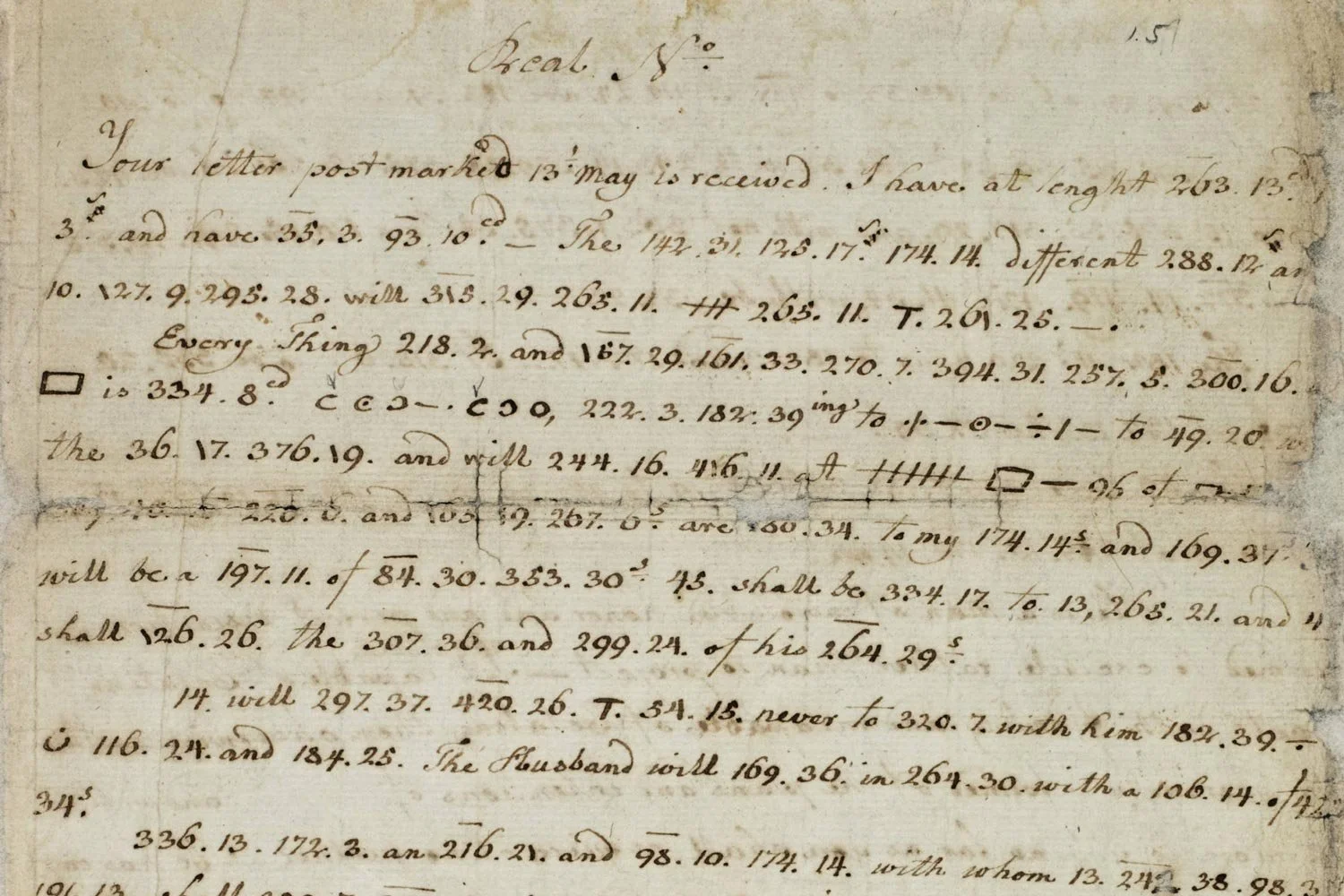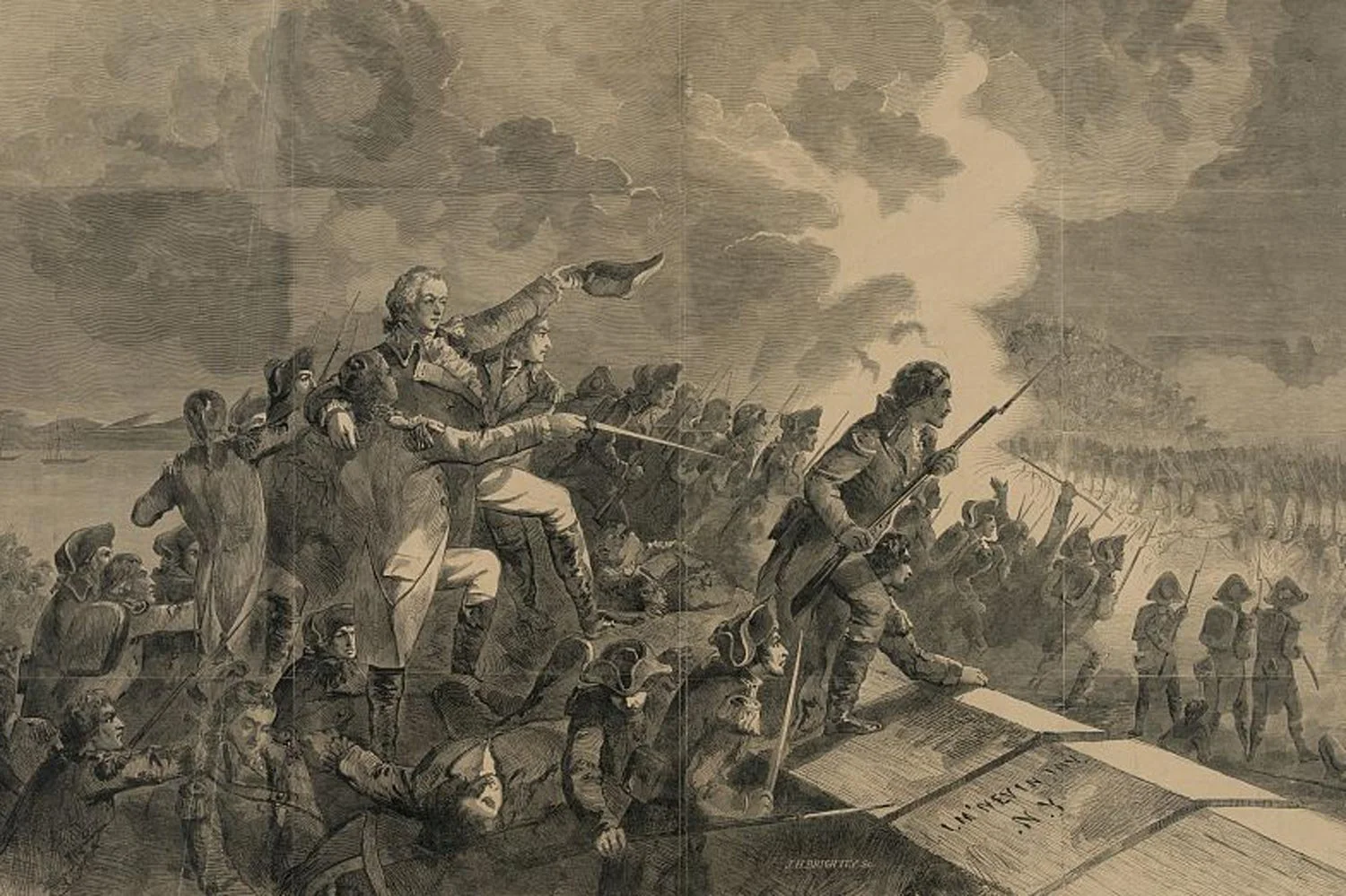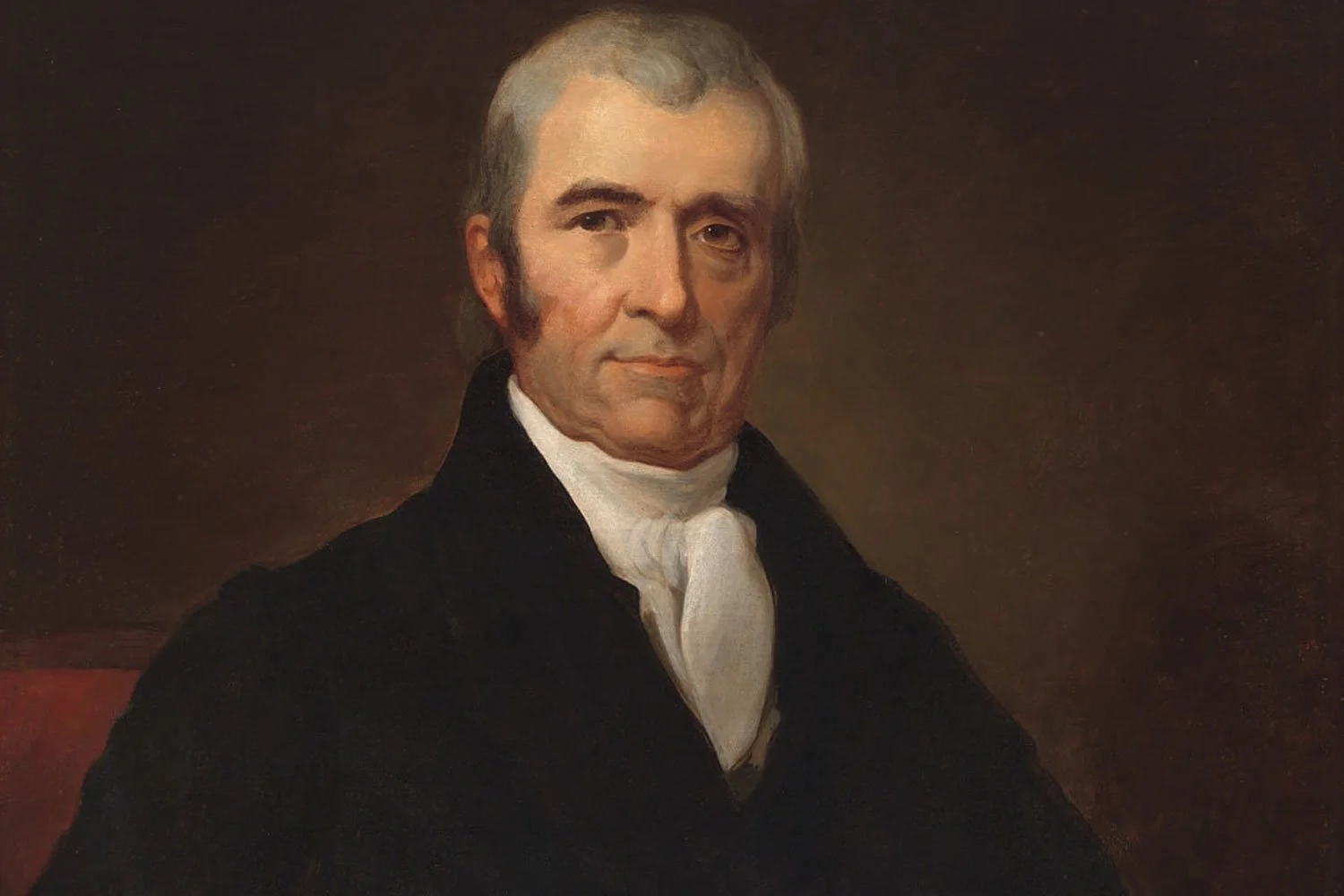American Judiciary, Part 11: The Legacy of John Marshall
John Marshall is arguably the most influential man in American history who was never elected president. For more than three and a half decades as the chief justice of the Supreme Court, Marshall oversaw the creation of the American judiciary and established that it is the responsibility of the courts to say what the law is. John Adams, who appointed Marshall as chief justice, stated, “my gift of John Marshall to the people of the United States was the proudest act of my life.” Marshall’s decisions seemed to always have a view towards establishing a strong central government and strengthening the bonds necessary to create a nation, building those ties that allowed our country’s disparate parts to function as one.
American Judiciary, Part 10: The Treason Trial of Aaron Burr
On May 22, 1807, Aaron Burr was brought before a grand jury in Richmond, Virginia, charged with committing treason against the United States. The prosecution’s star witness, General James Wilkinson, proved to be a liability as Wilkinson was forced to admit that he had forged a letter from Burr which was the prosecution’s main piece of evidence. Regardless, the grand jury, made up mostly of Democratic-Republicans, indicted Burr for treason, the only time in our country’s history when a President or Vice President has been indicted for this crime.
American Judiciary, Part 8: The Impeachment of Samuel Chase
Samuel Chase is the only Supreme Court Justice in our nation’s history to be impeached and that occurred during a political tussle over the independence and power of the judiciary between President Thomas Jefferson and Chief Justice John Marshall. In March 1804, the House of Representatives, in a party line vote, approved eight charges of impeachment against Chase. The problem was that the Constitution states that civil officers like Supreme Court justices may only be removed for “Treason, Bribery, or other high Crimes and Misdemeanors” and Chase was not charged with any of these. But that was just the point; the Chase trial was part of a larger Democratic-Republican plan to reduce the power and independence of the judiciary.
American Judiciary, Part 7: Marbury v. Madison
On March 2, 1801, two days before leaving office, President John Adams submitted to Congress a list of fifty-eight names, all Federalists, to fill positions created by the recently passed Judiciary Act. But Secretary of State John Marshall was unable to fill all the commissions before Thomas Jefferson was sworn in as president on March 4. Jefferson directed his secretary of state, James Madison, to not deliver the remaining commissions, one of which was for a justice of the peace position for William Marbury. Marbury then sued requesting the Supreme Court issue a writ of mandamus which is a court order that compels a government official to perform a legally appointed task. On February 24, 1803, John Marshall, who was now the chief justice of the Supreme Court, issued his landmark ruling.
American Judiciary, Part 6: The Nationalist from Virginia
In 1780, John Marshall spent just six short weeks studying law under George Wythe at the College of William and Mary before leaving school and obtaining his license to practice law in the state of Virginia. Within a few years, Marshall’s intelligence and charm had established him as one of the finest attorneys in Richmond. He was elected to the Virginia House of Burgesses and became one of the leading conservatives in the state and helped lead the fight in Virginia to ratify the Constitution. By 1798, Marshall began a run of nearly forty years of continuous service to his country, during which this devoted Patriot served in all three branches of government, one of only a handful of men to ever do so.
American Judiciary, Part 5: John Marshall, Soldier of the Revolution
Soon after Lexington and Concord, John Marshall joined the Culpepper Minutemen and on December 9, 1775, received his first taste of war at the Battle of Great Bridge. The following summer, Marshall received a commission as a lieutenant in the Eleventh Virginia Regiment, beginning a four-year stint in the Continental Army. By all accounts, Marshall was an outstanding junior officer, a great leader of men and an inspiration for all those who served with him. It was through this crucible of war that Marshall’s deep sense of nationalism was formed, a nationalism that would shape all his decisions in the years to come.
American Judiciary, Part 4: The Early Life of John Marshall
John Marshall is perhaps the most impactful and influential man in American history who was never president. Almost single handedly, Marshall created our national judiciary and established it as a branch of government co-equal to the legislative and executive branches. He was born on September 24, 1755, on the western frontier of the colony of Virginia and was raised in a frontier two-room log cabin, which he shared with his parents and numerous siblings. Obtaining an education on the frontier of Virginia was difficult and John had received less than two years of formal instruction. And except for a short six-week stint at the College of William and Mary studying law under George Wythe, that was all the schooling Marshall would ever receive.












